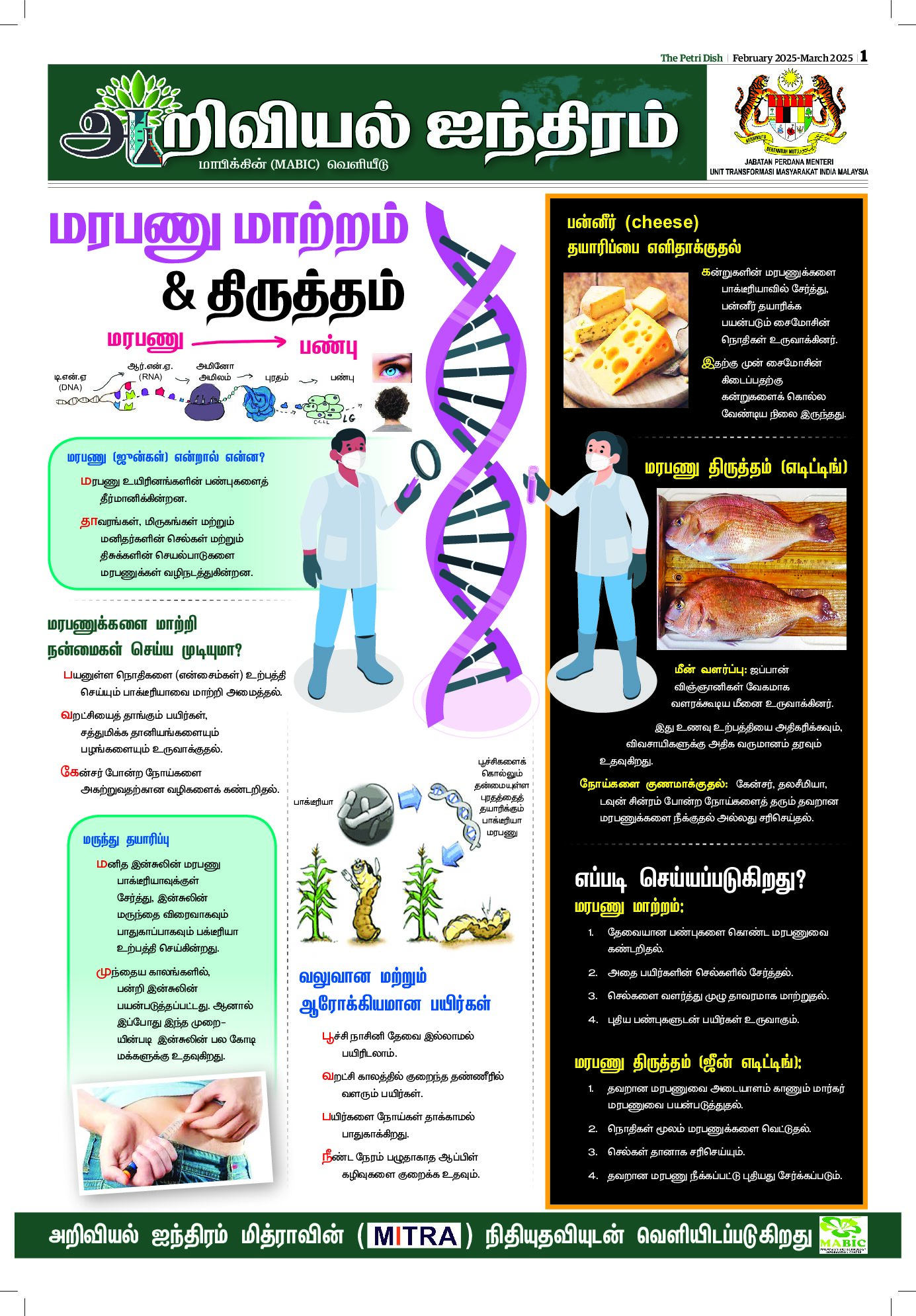AROUND 14 per cent of global food goes to waste after harvesting and before reaching the retail level, including through on-farm activities, storage, and transportation. This is according to the report on the State of Food and Agriculture released by the Food and Agriculture Organization of the United Nations (FAO).
FAO monitored how much, where, and why food is lost at different stages on the food supply chain. The findings will help identify critical loss points across the supply chains, which have a great impact on food security. Results showed that harvesting is the most frequently identified critical loss point for all types of food.
It was also reported that losses and waste are generally higher for fruits and vegetables than cereals and pulses at all stages in the supply chain, except for on-farm losses and those during transportation in Eastern and South-Eastern Asia.
For lower-income countries, the cause of great losses in fruits and vegetable supply chain is poor infrastructure, particularly storage facilities. For high-income countries, losses occur when there is technical breakdown, poor management of temperature in storage facilities, humidity or overstocking.
FAO called for consumers and producers’ understanding of the problem and taking action on how to effectively reduce food losses globally.
FAO focuses on consumers and changing their individual attitudes, behaviours, consumption and shopping habits related to food. This is done through education, particularly focusing on providing information on safe food handling, proper food storage in households and understanding “best before” dates in order to prevent and reduce food waste.
Reducing food loss and waste is critical to creating a Zero Hunger world and reaching the world’s Sustainable Development Goals (SDGs), especially SDG 2 (End Hunger) and SDG 12 (Ensure sustainable consumption and production patterns).
For many people on the planet, food is a given. But for the staggering more than 820 million people who are hungry, food is not a guarantee. FAO aims to increase respect for food, as well as for the farmers who produce it, the natural resources that go into producing it and the people who go without it.












